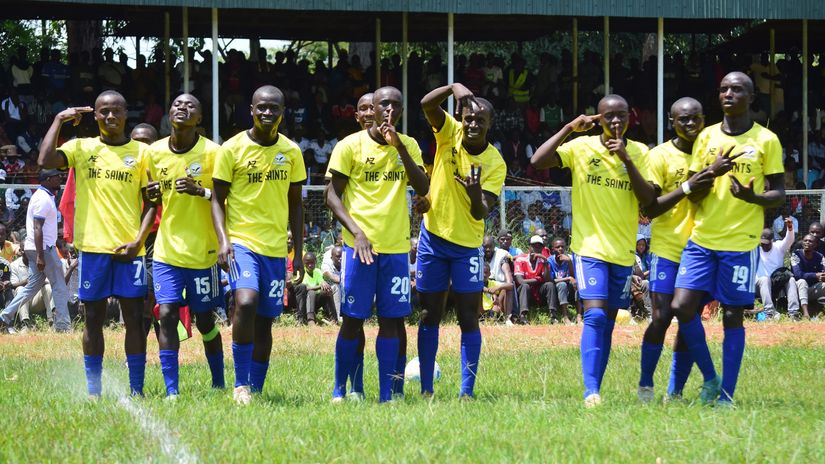Digital age which is characterized by the widespread use of digital technologies, particularly computers and the internet through various digital platforms such as Tiktok, Facebook, Instagram, WhatsApp and YouTube have had great impact into the global advancement and development.
However lack of proper regulation of the content that can be shared and consumed by different audiences set apart by ages has created a porous situation exploited by people with ill intentions towards the vulnerable uses like children and people who are intellectually impaired.
According to a newly released report commissioned by ZanaAfrica in collaboration with child rights organization, digital platforms have become predatory hunting grounds for individuals targeting children with cognitive impairments.
The report reveals that there is increased cases of online sexual exploitation and abuse (OCSEA) of children with intellectual disabilities in Kenya.
“These children, often lacking the capacity to recognize abuse or articulate their experiences, are reportedly being groomed, blackmailed and exposed to explicit content at an alarming rate,” report reads.
ALSO READ:
22 students of Amabuko Secondary School injured after mysterious fire outbreak
With an estimate of 2.5 per cent of Kenyan population living with intellectual disabilities, as per the survey by the Ministry of Education (MoE) and the Kenya Institute of Special Education (KISE), experts are raising the alarm about a growing crisis and a system that remains poorly equipped to respond.
Internet access has expanded rapidly across Kenya, with over 67 per cent of children aged 12 to 17 now online. However many of them, especially those with intellectual disabilities, are navigating the digital spaces without adequate protection.
The online predators targeting these vulnerable children are able to entice their preys due to loopholes in the education system where there is insufficient access to sex education, limited digital literacy, inaccessible online platforms and consistent parental misconceptions regarding disability and sexuality, which combines and leave children with intellectual disabilities so vulnerable for online exploitation.
Children with intellectual disabilities may not be able to navigate through such loopholes, hindering their ability to recognize, avoid, or even report abuse.
Globally, one in three internet users is a child. In Kenya, the 2022 Demographic and Health Survey revealed that internet users among young people increased dramatically, with age- from under 5 per cent among those aged 10 to 14, to over 40 per cent among adolescents aged 10 to 19.
These agile and vulnerable are prone targets to various forms of OCSEA which can take place in form of grooming, live- streamed abuse, sexual extortion, and coercion to produce sexual imagery.
ALSO READ:
SDG 7 and 8: How clean energy and decent work can drive sustainable growth
Children with intellectual disabilities who are often denied access to sex education, and socialization are likely to turn to the internet in search of connection, sadly due lack of know-how, the space may become a trap rather than a refuge.
The online children sexual predators use different tactics, such as offering money or gifts, posing as lucrative foreign person searching for a love partner or even use pseudo accounts to lure their targets.
According to data from the Disrupting Harm project, 7 per cent of internet-using children in Kenya had been offered money or gifts in exchange for sexual images, additionally 3 per cent blackmailed online into engaging in sexual acts, while another 7 per cent had their sexual images shared without their consent.
The report also shows how many victims have had previously suffered sexual or emotional abused offline, showing how digital abuse compounds existing vulnerabilities
Children with intellectual disabilities are more likely to suffer, with systemic barriers like difficulties in understanding online platforms, inaccessible content, and limited digital oversight by care givers, they are increasingly exposed to severe sexual exploitation.
All these vulnerabilities calls for sex education and digital literacy and safety, to be included in the special education curriculum, to avoid stigmatization of children with intellectual disabilities in matters of sexuality.
By Brian Ndigo
You can also follow our social media pages on Twitter: Education News KE and Facebook: Education News Newspaper for timely updates.
>>> Click here to stay up-to-date with trending regional stories
>>> Click here to read more informed opinions on the country’s education landscape
>>> Click here to stay ahead with the latest national news.






